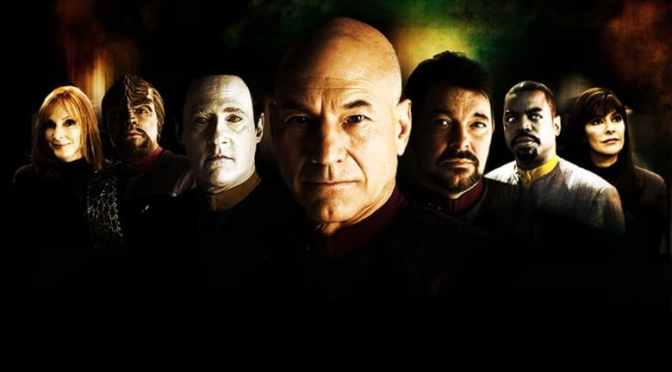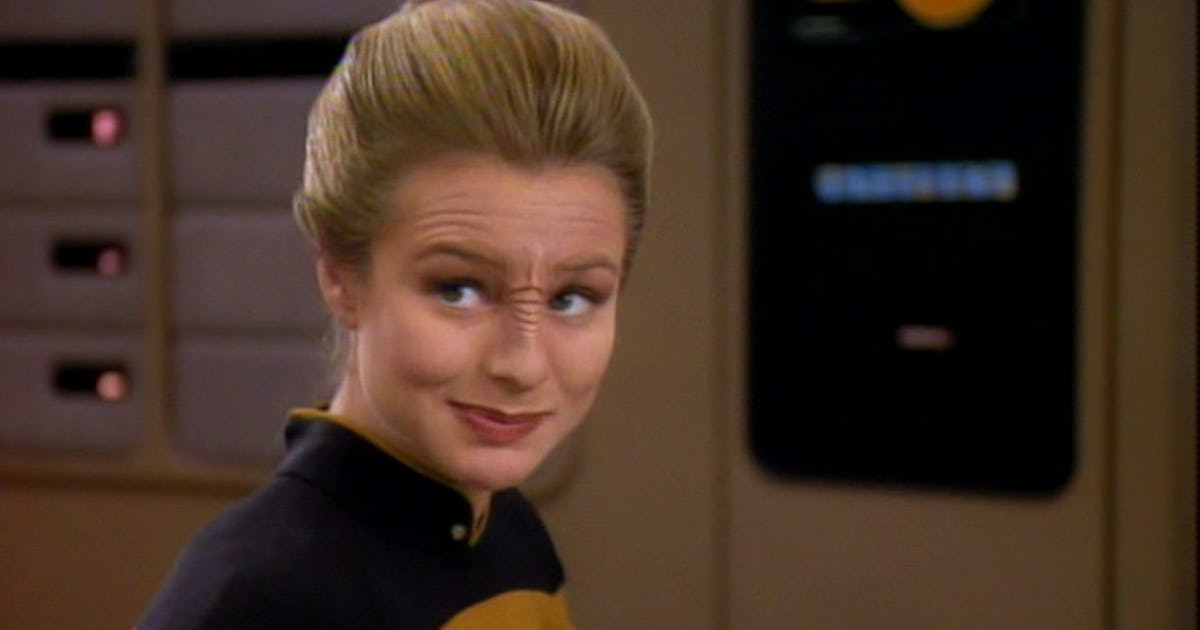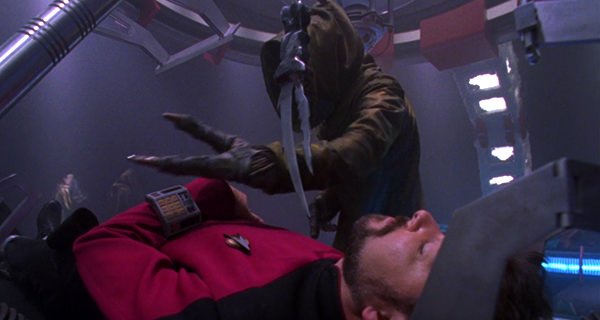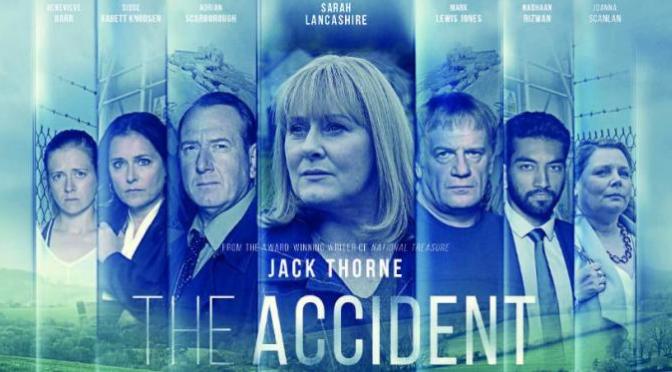TO BOLDLY REVIEW #12 – STAR TREK: NEXT GENERATION – SEASON 7 (1993 – 1994)
Based on Star Trek & Created by: Gene Roddenberry
Season 7 writers (selected): Joe Menosky, Jeri Taylor, Ronald D. Moore, Brannon Braga, René Echevarria, Michael Piller, Naren Shankar, Jean Louise Matthias, James E. Brooks, Michael A. Medlock, Christopher Hatton, Nick Sagan, Spike Steingasser, Dan Koeppel, etc.
Season 7 directors (selected): Les Landau, Cliff Bole, Winrich Kolbe, Alexander Singer, Robert Weimer, Robert Scheerer, Adam Nimoy, Patrick Stewart, Jonathan Frakes, Gabrielle Beaumont, James L. Conway, LeVar Burton, Gates McFadden, etc.
Cast: Patrick Stewart, Jonathan Frakes, LeVar Burton, Whoopi Goldberg, Colm Meaney, Michael Dorn, Marina Sirtis, Brent Spiner, Gates McFadden, Michelle Forbes, Majel Barrett, Rosalind Chao, John De Lancie, Wil Wheaton, Kirsten Dunst, Paul Sorvino, Dwight Schultz, etc.
Music/Composers: Alexander Courage, Jerry Goldsmith, Dennis McCarthy, Ron Jones, Jay Chattaway
Production Company(s): Paramount Television, CBS Television
**** CONTAINS SPOILERS ****
My Star Trek journey started when I was a kid many moons ago. I used to watch the original series on my portable telly in the kitchen while eating dinner. I loved the adventures of Kirk, Spock, Bones, Uhuru and the rest of these bold space heroes. Thus, it was surprising that the whole of the Next Generation era of shows, including DS9 and Voyager, passed me by. Nonetheless, I have, since writing and producing two Star Trek fan films, been on a dedicated mission to watch every episode and film of the franchise that has been released.
This escapade began with the original series and my first blog review can be read here:
TO BOLDLY REVIEW #1 – STAR TREK: THE ORIGINAL SERIES (SEASON 1)
Subsequently, and three engrossing years later, I have finally completed watching the last season of The Next Generation. I have to be honest that this marathon viewing project is certainly a big cultural task. Furthermore, I still cannot work out how the hell they managed to produce so many episodes per season for TNG. It truly beggars belief the amount of high quality TV that was produced. I mean, I was exhausted watching it, so how those making it felt I do not know. I guess the fan’s respect and money and joy of being part of the Star Trek legacy was more than compensation.
Season 7 was again a mammoth twenty-six episode tranche. One might think there would be a drop in quality and there was some element of this in certain episodes. However, that was more to do with attempting to crowbar in a satisfactory ending for certain characters, notably Wil Wheaton’s anaemic, Wesley Crusher. Family ties and dramas linked many of season 7’s narratives, yet there was also the usual high concepts and socio-political themes explored throughout. Thus, dearest Next Generation, I thank you for taking me on a bold ride to the final frontier of journey’s end. Here are six of my favourite episodes of season seven!
ATTACHED – EPISODE 9
One of the great pleasures of watching The Next Generation is that the show always gave us mature romantic relationships. The “will they-won’t they” romance of Dr Crusher and Captain Picard is directly addressed in Attached, as the two find themselves shackled physically and telepathically by a paranoid alien race. As they attempt to survive and escape capture the two explore their hidden feelings in a moving episode of some power.
THE PEGASUS – EPISODE 12
Commander Riker (Jonathan Frakes) is portrayed as a dynamic action hero of strength and skill, so it is always interesting when his character is tested. In The Pegasus he is faced with both the sins of the “father” and of his own past. The surrogate father is this case is Captain Erik Pressman, portrayed brilliantly by Terry O’Quinn. Pressman is determined to track down the lost ship, ‘The Pegasus’ before the Romulans get to it. He places pressure on Riker to keep confidential the secrets the missing vessel has as the episode contains great drama and conflict.
HOMEWARD – EPISODE 13
When shows have been going for many seasons they often have to introduce previously unknown siblings, parents or love interests to manufacture storylines. I totally get this and often it creates fantastic episodes. In Inheritance we get to meet Data’s “mother”, but an even better episode is Homeward where Worf’s foster brother, Nikola (Paul Sorvino) rebels against the ‘Prime Directive’ to save the Boraalan people. It’s a great episode full of twists and some excellent scenes between Paul Sorvino (not playing a gangster for once) and the ever-excellent, Michael Dorn. The use of the holodeck as an integral part of the narrative is highly inventive too.
LOWER DECKS – EPISODE 15
Most episodes of Star Trek will focus on the core characters with a leaning to one or two of the main cast. But Lower Decks turns that around with the fantastic premise of profiling some of the younger crew members. It’s a well written narrative which focusses attention on a Starfleet promotion with Ensigns Sito Jaxa, Sam Lavelle and Taurik in “friendly” competition to achieve the goal. We immediately warm to their personalities as the witty dialogue adds much fizz, but the drama of the piece is heightened when Bajoran, Sito Jaxa, is sent on a dangerous mission, leading to a powerfully emotional denouement.
GENESIS – EPISODE 19
I loved this episode because it contained a fantastic melding of sci-fi and horror genres with some monstrous creatures on show. With Gates McFadden directing her only episode, the story finds the Enterprise crew falling ill and regressing to various animal states. Worf has reverted into an aggressive predator attempting to mate with Troi; Riker an Australopithecine (Caveman); Troi an amphibian; and Barclay a spider. Even Spot the cat has become an iguana. While it may sound weird and a bit silly I loved the imaginative animal transformations as the cast shed both their human skin and inhibitions.
ALL GOOD THINGS – EPISODES 25/26
As they say all good things come to an end. So, after boldly going for many seasons, The Next Generation finally concluded with a moving and inventive two-parter. I must admit that while it was clever to call back to the first episode, Encounter at Farpoint, I was never a massive fan of the character, Q. Even though John De Lancie’s performance always brought great energy to every episode, I just felt that this character with uber-God-like powers could always resolve the drama with a Deus ex Machina click of the fingers. Nonetheless, the idea that he was always testing humanity was a great theme, and once again in All Good Things, he puts Jean Luc Picard through a trio of trials in the past, present and future. It’s a superbly written, acted and directed finale and possibly one of the best final episodes of a long-running TV show of all time! The last scene with Picard finally joining his crew at the poker table is truly logical! Make it so – Number One!




![[BOOK REVIEW] The Writers’ Room Survival Guide by Niceole Levy](https://paulraylaight.files.wordpress.com/2023/06/niceole-levy.jpg?w=672&h=372&crop=1)




![[BOOK REVIEW] Directing Great Television: Inside TV’s New Golden Age – by Dan Attias](https://paulraylaight.files.wordpress.com/2022/11/thesopranos.jpg?w=672&h=372&crop=1)






























